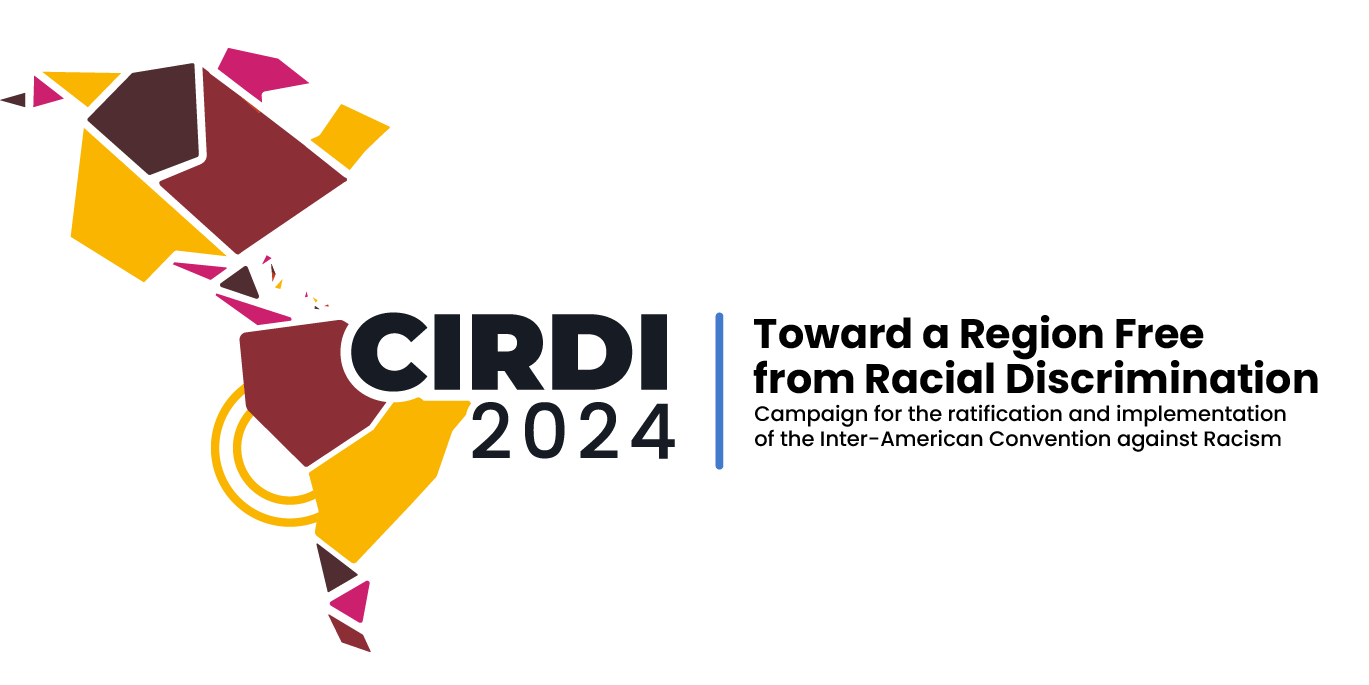Race & Equality’s campaign will support States in meeting implementation challenges through an annual forum as well as through technical workshops and resources. The focus of these activities will be guided by the interests, needs, and challenges identified across the region.
The CIRDI includes different types of obligations and approaches to eliminating racism and racial or ethnic discrimination. The campaign’s thematic priorities will be identified through dialogues with States and with the Group of Friends. These priorities will guide States in adopting the necessary measures to protect the rights of individuals or groups that may be victims of racial discrimination in both public or private spheres, with a view to cultivating equitable conditions for equal opportunity and to combating racial discrimination in all its individual, structural, and institutional manifestations.
Thematic priorities to implement the CIRDI may include:
- Supporting States in adopting or amending national laws in compliance with Art. 7 of the Convention.
- Assisting States in collecting, compiling, and disseminating data on the situation of groups or individuals that are victims of racism, racial discrimination, and related forms of intolerance, in compliance with art. 12 of the Convention.
Based on feedback received from States and the Group of Friends, the campaign will select which themes to prioritize for concerted action in 2021-2024. The work of the Campaign will be thoroughly evaluated at the end of this period to decide how best to continue supporting States in these areas and explore different challenges. The campaign will develop several Implementation Tools for the CIRDI, which will include indicators and frameworks to help States monitor and evaluate their own implementation of the Convention.
Reporting
Once ten States have ratified the CIRDI, the first meeting of the Inter-American Committee for the Prevention and Elimination of Racism, Racial Discrimination, and All Forms of Discrimination and Intolerance will be convened. Per Article 15.v. of the Convention, State Parties undertake to submit a report to the Committee within one year of this first meeting on their fulfillment of the obligations under the Convention. Thereafter, the State Parties shall submit reports every four years. The Committee may recommend to the State Parties that they adopt certain measures to meet the Convention’s obligations. As such, reporting to the Inter-American Committee for the Prevention and Elimination of Racism is a key obligation, and important indicator of progress, and positive source of advice.
Race and Equality’s campaign will seek to support State Parties in submitting their initial report to the Inter-American Committee for the Prevention and Elimination of Racism, submitting their follow-up reports, and implementing the Committee’s recommendations.
For some non-parties, the reporting requirements could pose key barrier to ratification, owing to limited resources and/or personnel capacities, Efforts to support States in reporting to the Committee will boost the capacity of non-States parties to accede to the Convention.
Race and Equality’s campaign will also provide a forum for States to share good practices on the most efficient and effective processes to meet reporting obligations. The forum will also showcase reporting practices that contribute to more effective implementation of the Convention over time.



